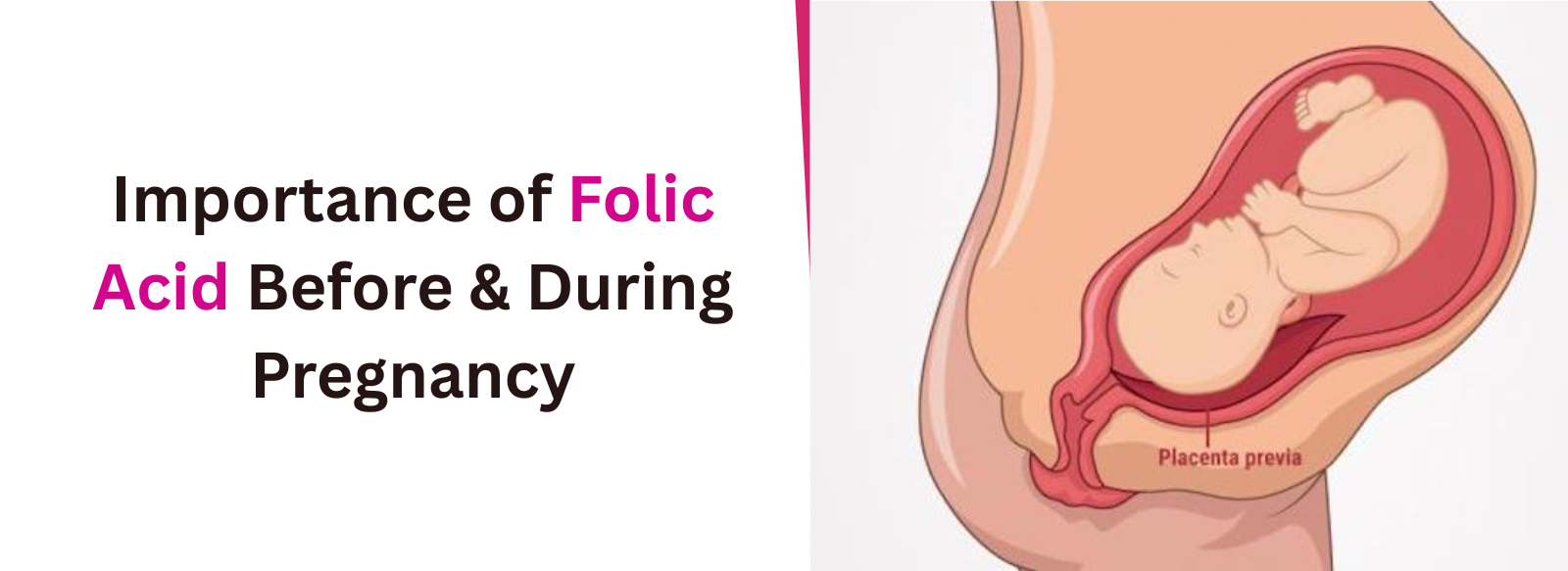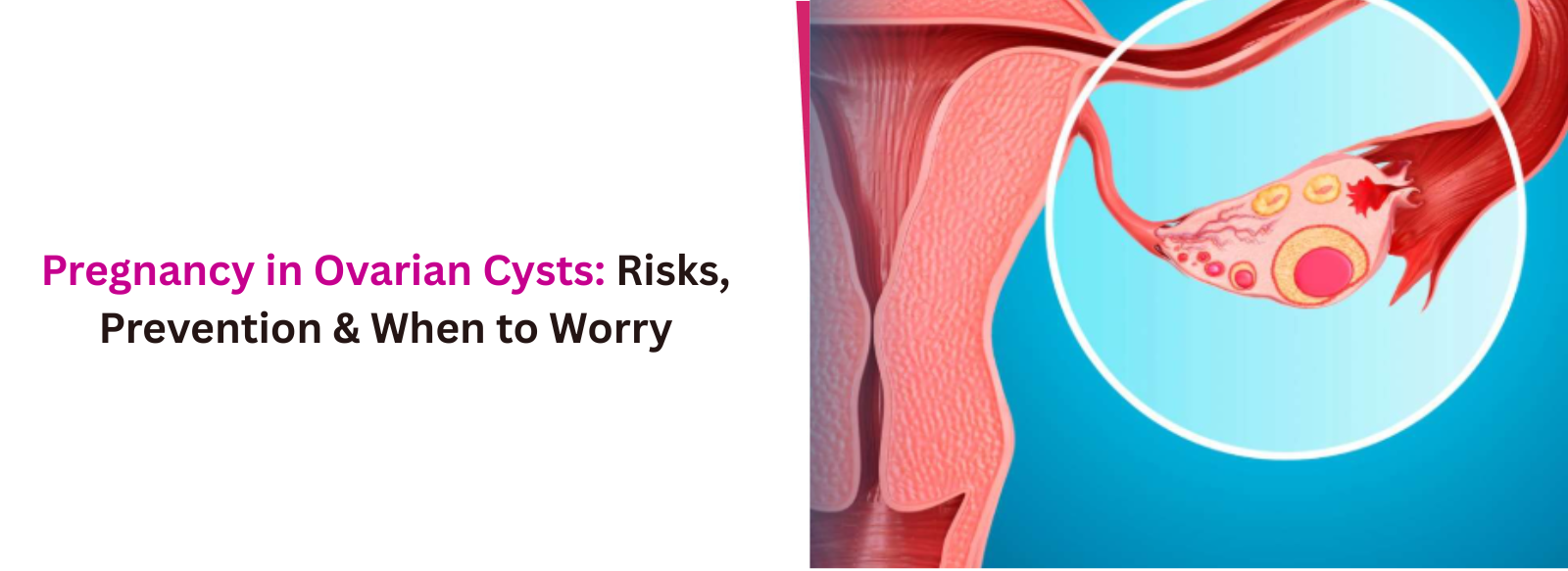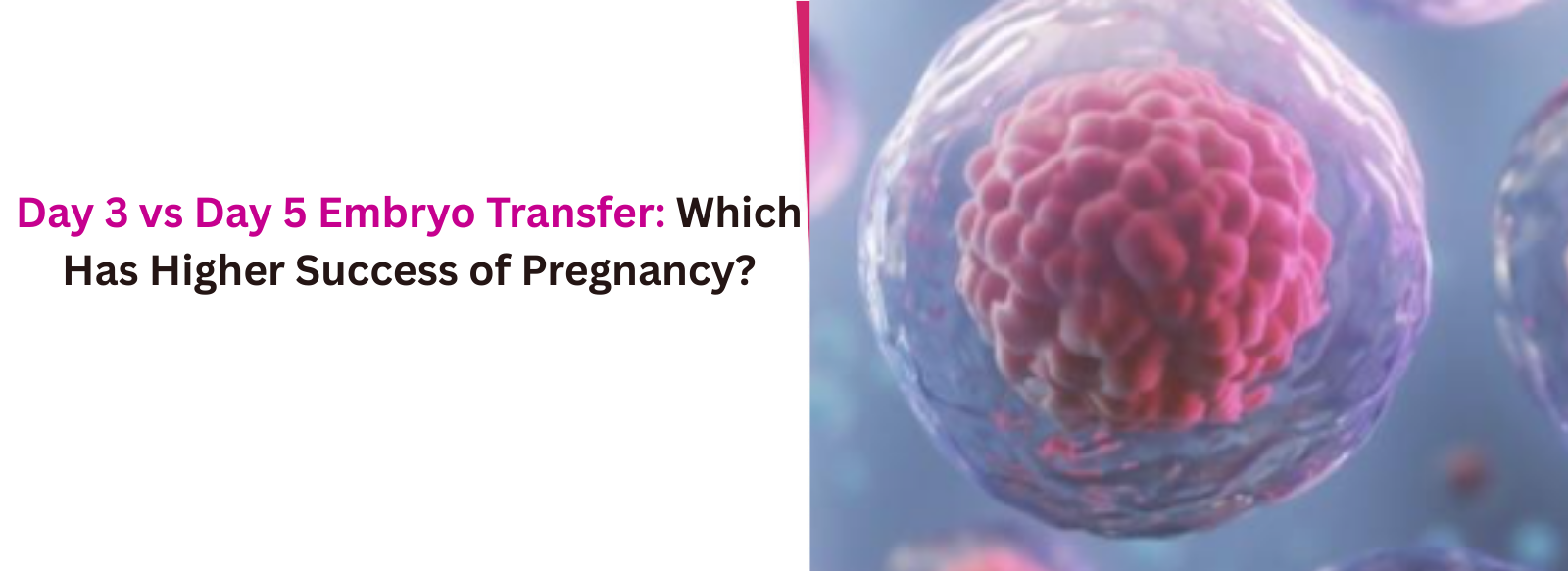When planning for pregnancy or already expecting, one of the most vital nutrients every woman needs is folic acid. Also known as Vitamin B9, folic acid plays a central role in cell division, DNA formation, and the healthy development of the baby’s brain and spinal cord.Unfortunately, many women are unaware of its importance until late into pregnancy. Studies have shown that folic acid deficiency can increase the chances of neural tube defects (NTDs) and other complications. At Vardaan IVF Hospital, we emphasize the right supplementation for every woman preparing for conception or undergoing fertility treatment, because a healthy pregnancy starts with proper nutrition.
Why is Folic Acid Important?
Folic acid is not just another vitamin—it is the foundation of early fetal development. Its functions include:
Supporting DNA synthesis and cell growth.
Preventing major birth defects of the brain and spine.
Aiding in placenta formation and overall pregnancy health.
Assisting in red blood cell production, thereby reducing anemia risk in mothers.
Without adequate folic acid, the earliest stages of fetal growth can be compromised, sometimes even before a woman realizes she is pregnant.
Benefits of Folic Acid Before Pregnancy
Taking folic acid before conception is as important as during pregnancy. Here’s why:
Reduces the risk of infertility issues: Adequate folate levels improve egg health and ovulation.
Ensures early fetal development: The baby’s neural tube begins forming in the first few weeks—often before pregnancy is confirmed.
Decreases early miscarriage risk: Proper folate levels support stable early pregnancy.
Prepares the body for conception: Women undergoing IVF or other fertility treatments especially benefit from folic acid as it enhances reproductive outcomes.
Benefits of Folic Acid During Pregnancy
Once pregnant, folic acid continues to provide life-changing benefits:
Prevents neural tube defects (spina bifida, anencephaly).
Lowers the risk of cleft lip and palate.
Supports rapid fetal growth by helping new cells form efficiently.
Protects the mother’s health: Reduces risk of preeclampsia, anemia, and complications.
In short, folic acid ensures both mother and baby remain healthy throughout pregnancy.
Recommended Dosage & Sources
Doctors recommend the following intake levels:
Before conception: Around 400 mcg daily.
During pregnancy: 600 mcg daily.
Breastfeeding mothers: Around 500 mcg daily.
Natural Food Sources
Green leafy vegetables (spinach, kale, methi).
Citrus fruits (oranges, lemons).
Legumes (beans, peas, lentils).
Fortified cereals and whole grains.
Nuts and seeds.
Supplements
Since diet alone may not provide enough folate, doctors often prescribe folic acid tablets. These supplements ensure the body receives consistent and adequate amounts, especially in the crucial first trimester.
When & How Long to Take Folic Acid
Ideally, folic acid should be started at least three months before conception and continued throughout pregnancy.
First trimester (0–12 weeks): Most critical for preventing birth defects.
Second & third trimester: Supports ongoing fetal growth and maternal health.
Women with higher risk factors (previous NTD pregnancy, diabetes, epilepsy) may require higher doses, as prescribed by their doctor.
Who Needs Extra Attention?
Certain groups of women need closer monitoring and sometimes higher folic acid supplementation:
Women with diabetes or epilepsy.
Women with a family history of neural tube defects.
Women who previously had a pregnancy affected by NTDs.
Women undergoing IVF or assisted reproductive treatments.
Women with certain genetic conditions that affect folate absorption.
Risks of Folic Acid Deficiency
Lack of sufficient folic acid can lead to:
Neural tube defects (spina bifida, anencephaly).
Premature birth or low birth weight.
Developmental delays in the baby.
Maternal complications such as anemia, fatigue, and higher risk of miscarriage.
Deficiency in the earliest days of pregnancy is particularly dangerous, which is why pre-conception supplementation is highly recommended.
Role of Vardaan IVF Hospital
At Vardaan IVF Hospital, we understand that fertility and pregnancy are delicate journeys where every step matters. Our specialists guide women on the correct use of folic acid and other essential nutrients as part of a comprehensive fertility and pregnancy care plan.
Personalized fertility care: Tailored supplementation plans for women preparing for IVF or natural conception.
Nutritional counseling: Guidance on diet and vitamin intake to support reproductive health.
Integrated maternal wellness programs: Continuous support through pregnancy to ensure mother and baby are safe and healthy.
By combining advanced fertility treatments with holistic health guidance, Vardaan IVF ensures that women have the best chance of a safe pregnancy and a healthy baby.
Conclusion
Folic acid is one of the most essential nutrients before and during pregnancy. It supports healthy conception, helps prevent birth defects, and ensures the well-being of both mother and child. Since the body cannot produce folic acid on its own, supplementation under the guidance of a fertility specialist is the safest and most effective way to ensure adequate intake.
At Vardaan IVF Hospital, our experienced IVF specialists in Jalandhar and IVF specialists in Amritsar are committed to supporting women at every step of their fertility and pregnancy journey. Whether you are planning to conceive or are already expecting, our experts provide personalized advice on supplementation, nutrition, and comprehensive prenatal care.
Book Your Consultation with Vardaan IVF Specialists Today to ensure a healthy start for you and your baby.






